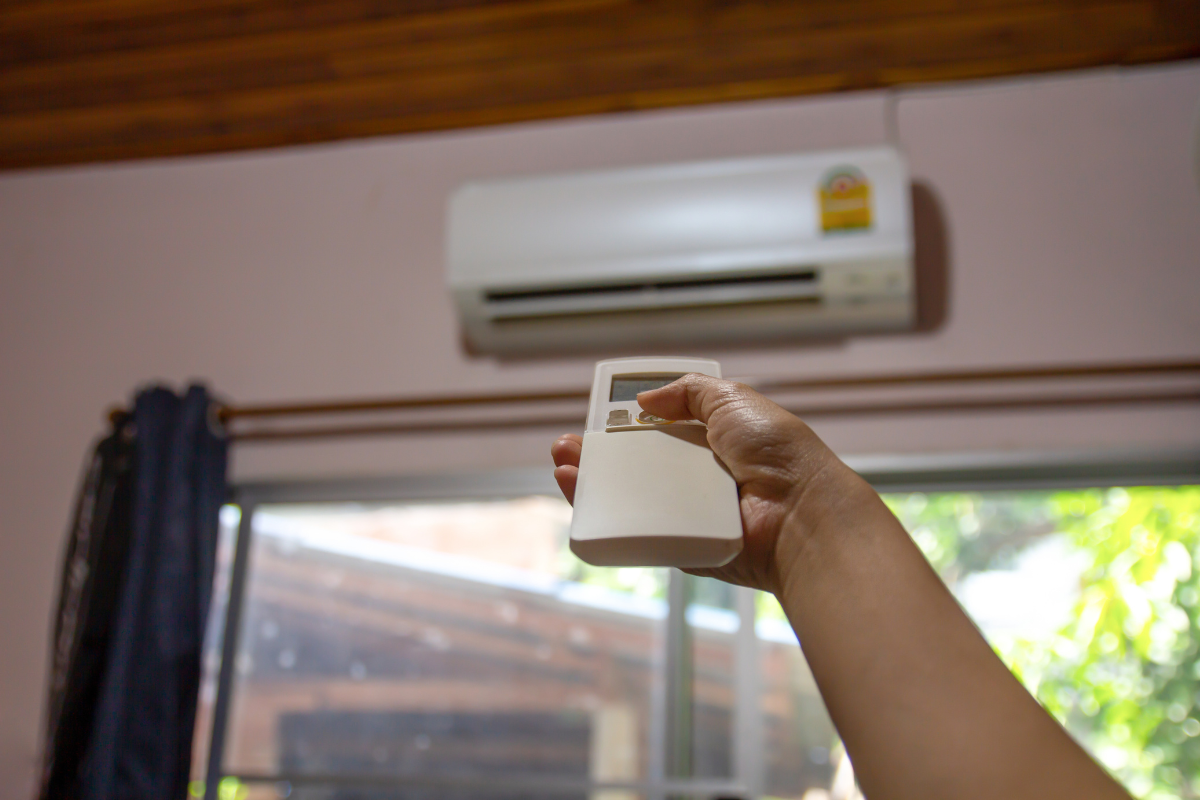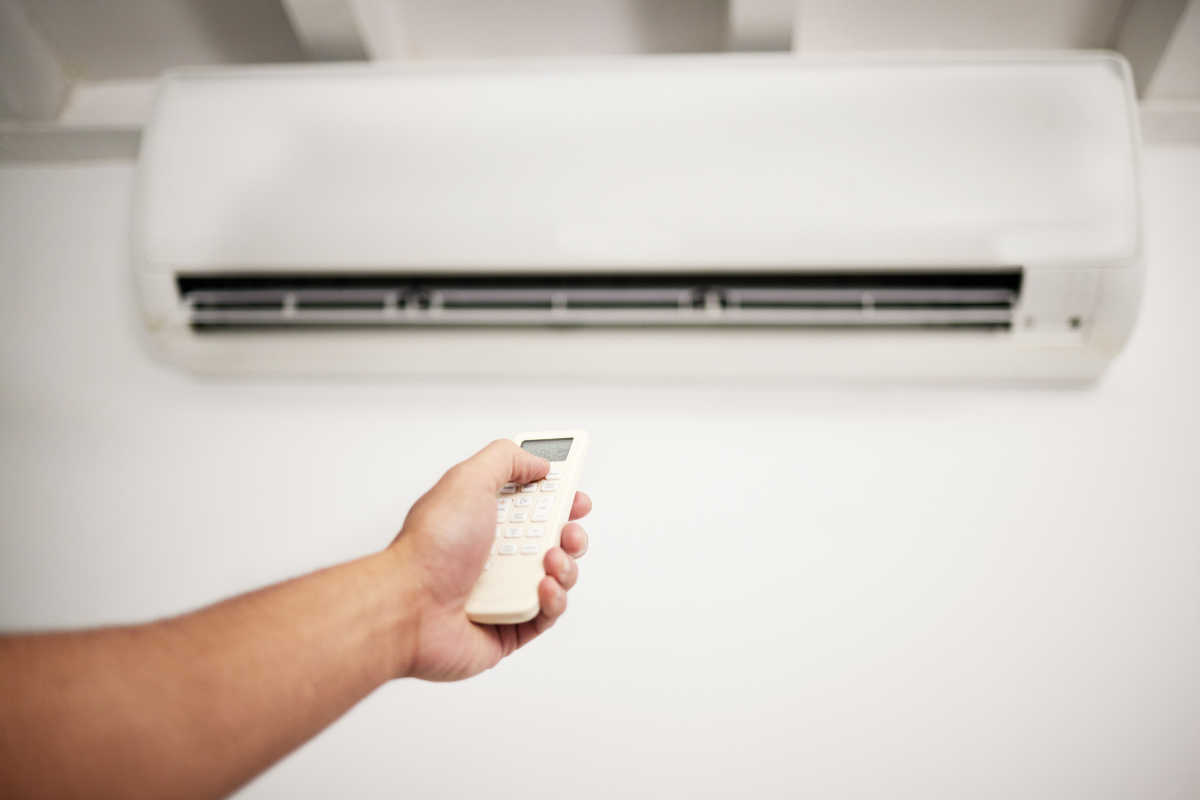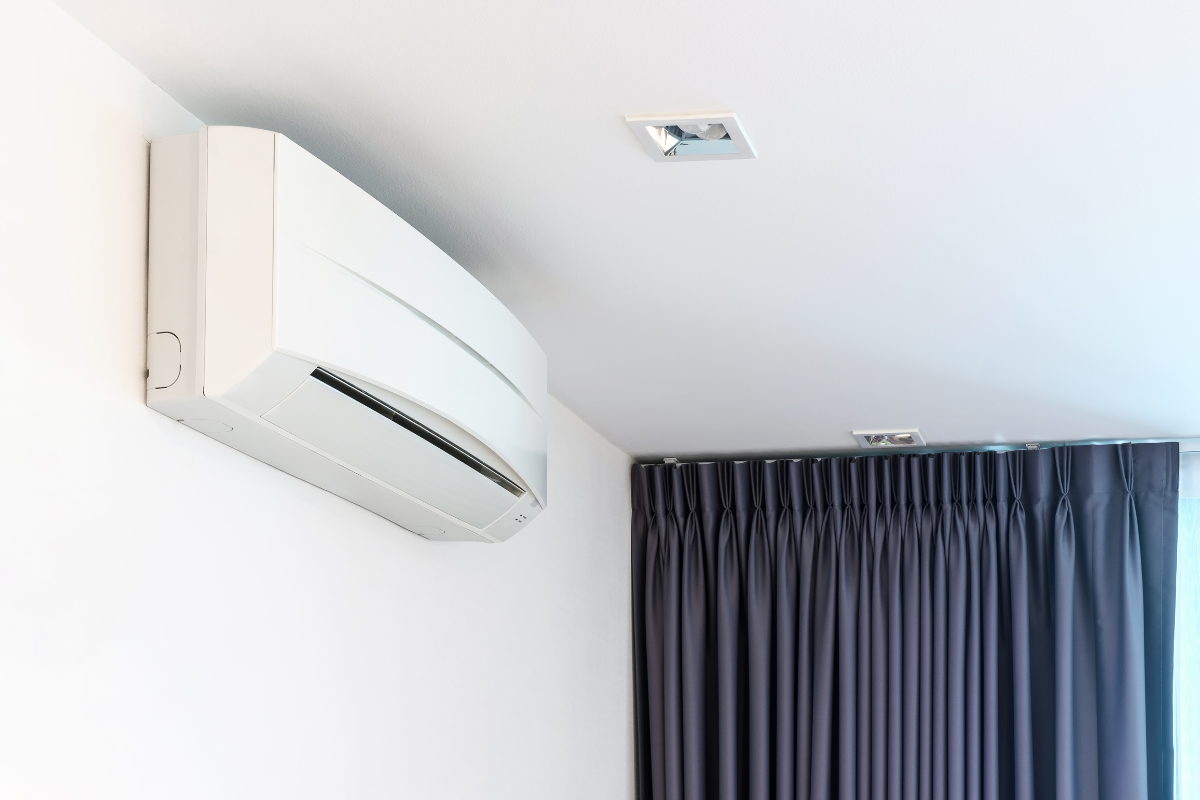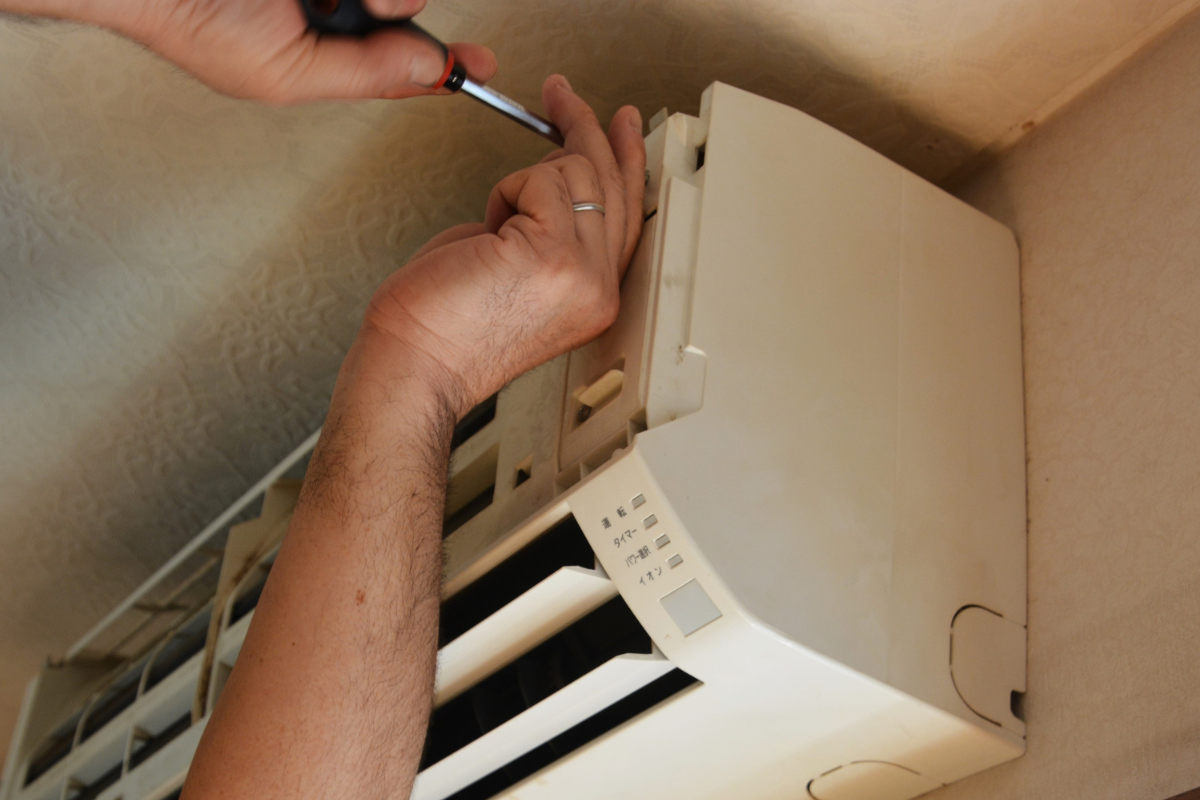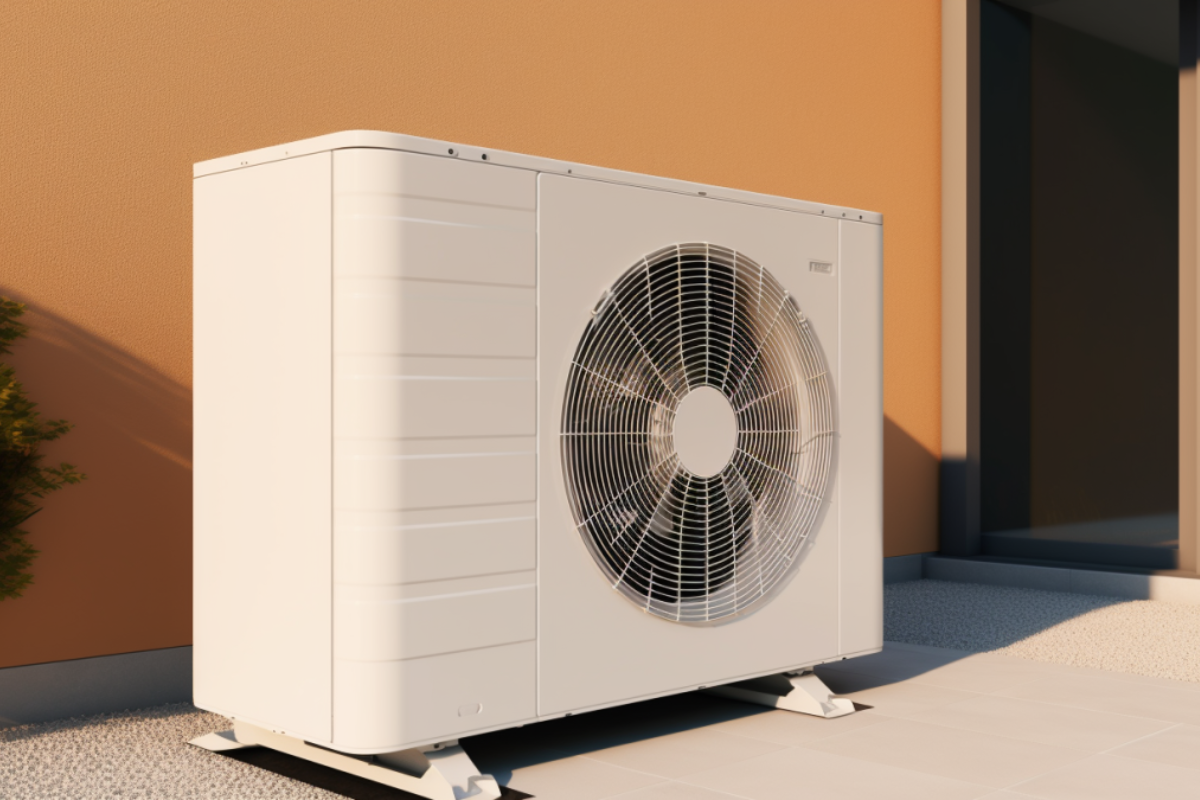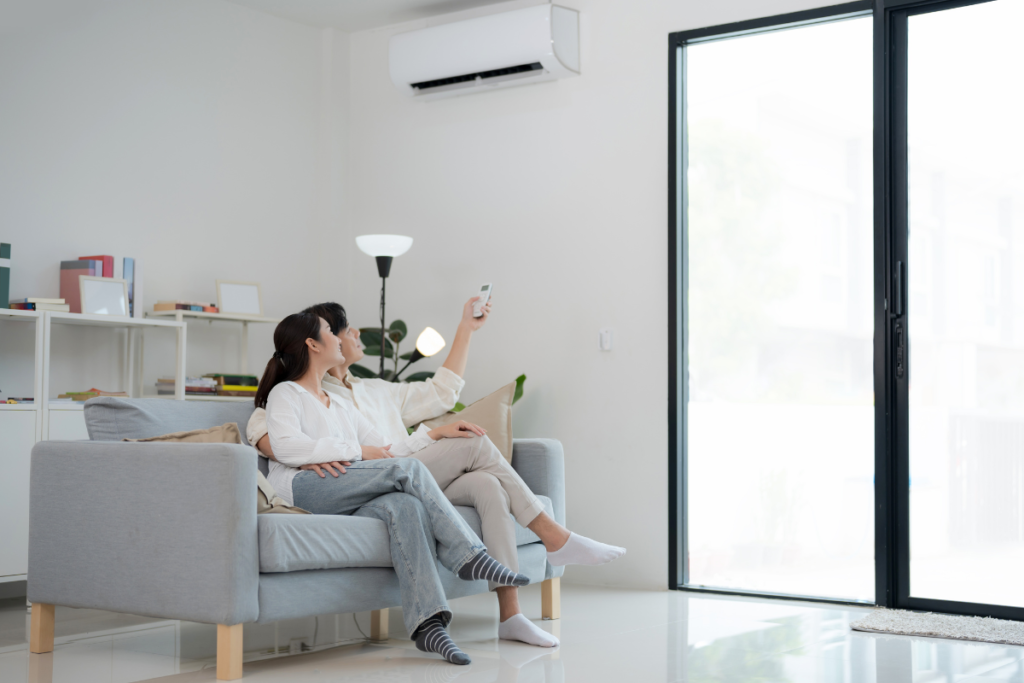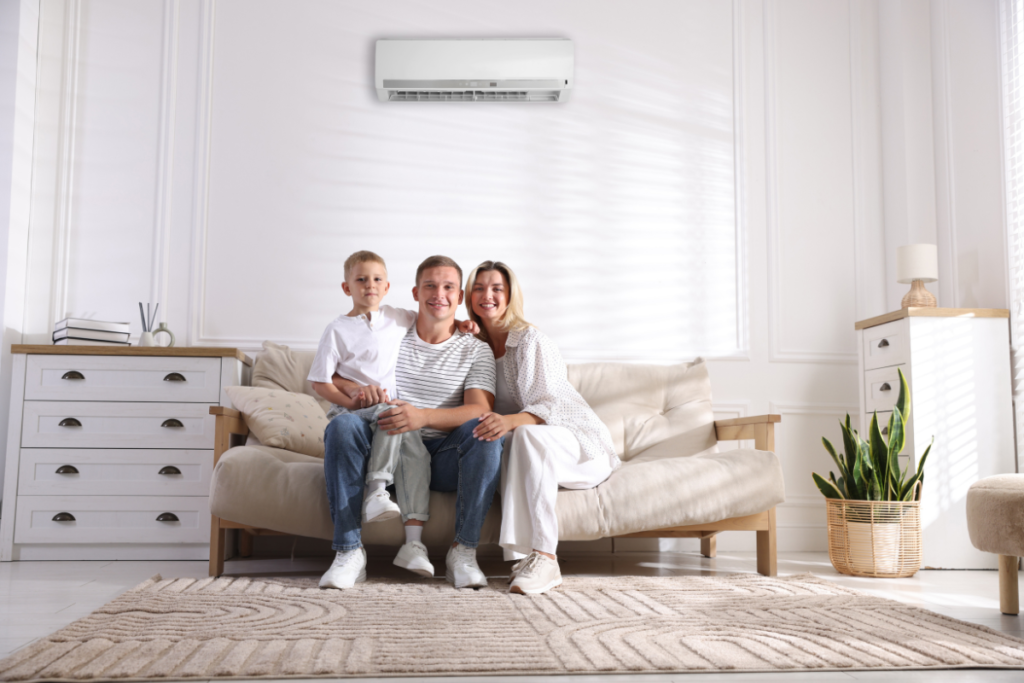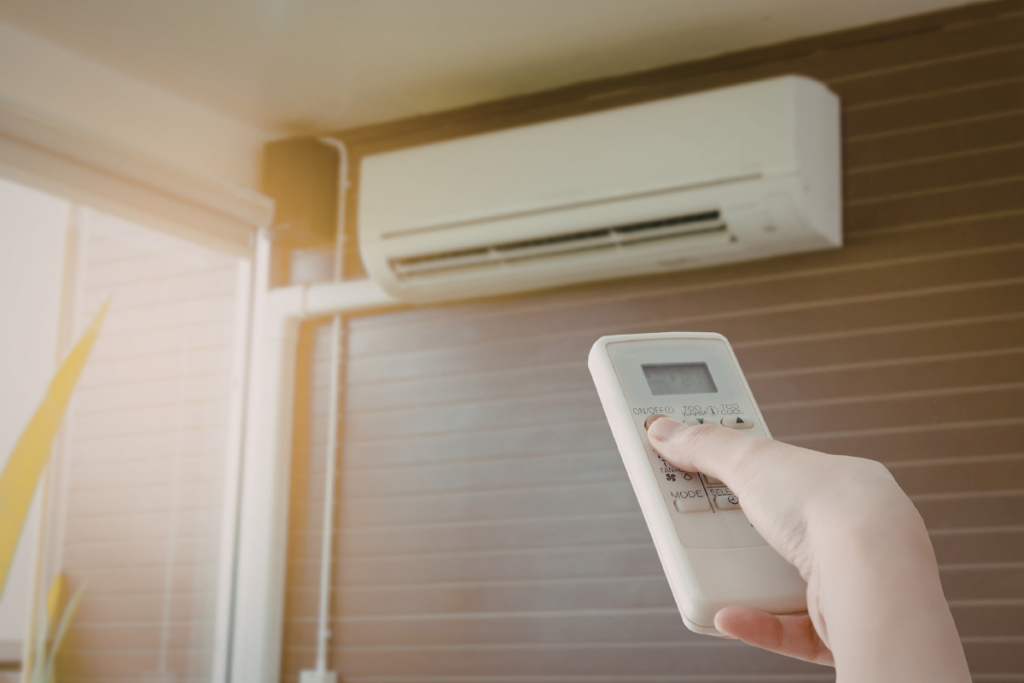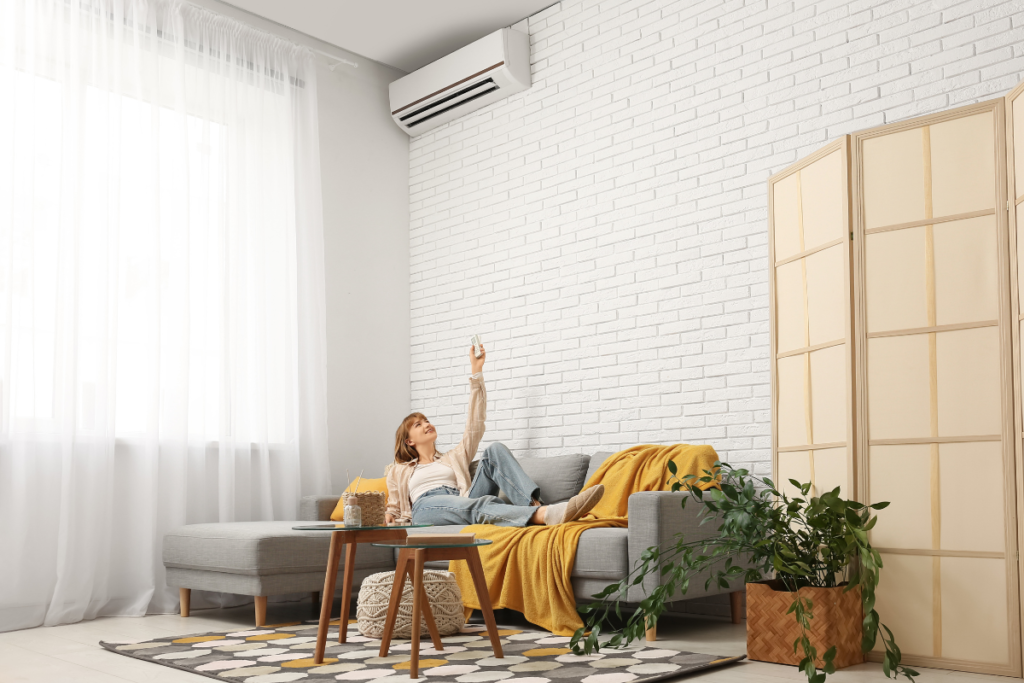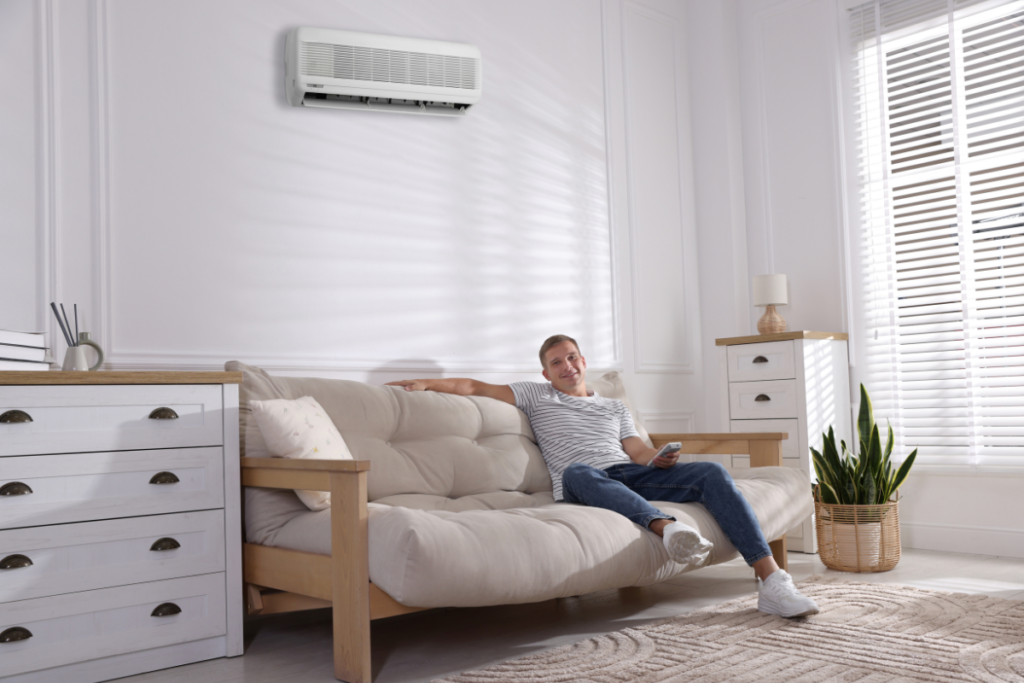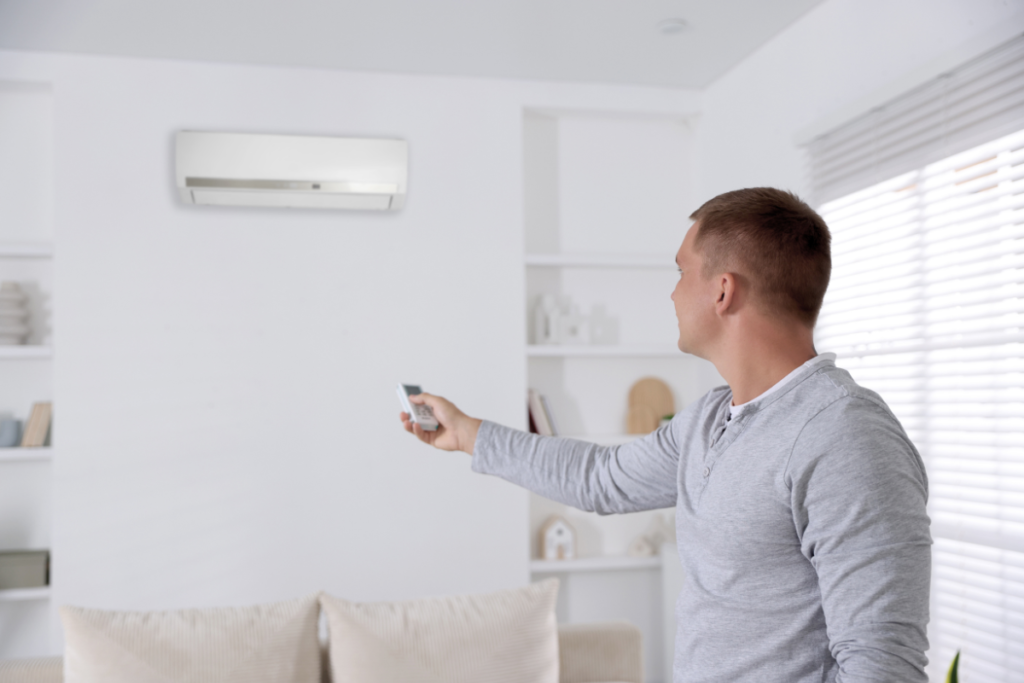Allergies from air conditioning often go hand in hand when proper maintenance is ignored. While air conditioning keeps indoor spaces comfortable, it can also contribute to allergy problems if not maintained correctly. Dust, mold, pollen, and pet dander can accumulate in the system, worsening air quality and triggering allergic reactions. To minimize these risks, regular upkeep of air conditioner filters for allergies, investing in the best AC filters for allergies, and following essential HVAC maintenance and allergies guidelines are crucial. Additionally, understanding the differences between air purifiers vs air conditioners and focusing on humidity control and allergies can help create a healthier indoor environment. If you’re living in areas like Gold Coast, air conditioning in Gold Coast requires extra care due to humid conditions.
Importance of clean air conditioner filters
One of the primary steps to prevent allergies from air conditioning is ensuring that filters are cleaned or replaced regularly. Air conditioner filters for allergies trap dust, pollen, and other allergens, preventing them from circulating in the air. The best AC filters for allergies, such as HEPA filters, effectively capture microscopic particles that trigger allergic reactions. Dirty filters not only compromise air quality but also reduce the efficiency of the system, making HVAC maintenance and allergies a crucial aspect of home care.
Proper HVAC maintenance to reduce allergies
Regular HVAC maintenance and allergies prevention go hand in hand. A well-maintained air conditioning system functions efficiently and prevents allergens from spreading. Cleaning air ducts, removing dust buildup, and checking for mold growth are essential tasks. Professional servicing ensures that your system is free from pollutants that can aggravate allergies. Those living in coastal areas must be extra cautious, as air conditioning in Gold Coast homes may accumulate more mold due to high humidity.
Air purifiers vs air conditioning: Which is better?
When it comes to improving indoor air quality, understanding air purifiers vs air conditioners is important. While air conditioners help regulate temperature, they do not necessarily filter out allergens. An air purifier, on the other hand, removes airborne pollutants, reducing allergy symptoms. Using an air purifier alongside your AC system can provide cleaner air and enhance overall indoor air quality.
Managing humidity levels to prevent allergies
Humidity control and allergies are closely connected, as excessive moisture can lead to mold and dust mite infestations. Air conditioners help dehumidify the air, but additional measures may be necessary in particularly humid climates. A dehumidifier can be used alongside your AC unit to maintain ideal humidity levels, preventing the growth of allergens. In regions like Gold Coast, air conditioning in Gold Coast homes should be optimized with humidity control solutions to minimize allergy risks.
Keeping air ducts clean for better air quality
The air ducts in an HVAC system can accumulate dust, pet dander, and mold if not cleaned regularly. These particles can circulate throughout the home, triggering allergic reactions. Ensuring that air ducts are inspected and cleaned by professionals at least once a year can significantly improve air quality. This step is particularly important when considering air conditioner filters for allergies, as clean ducts support the efficiency of filtration systems.
Choosing the best AC filters for allergies
Not all filters are designed to trap allergens effectively. The best AC filters for allergies include HEPA filters and electrostatic filters, which are capable of capturing tiny particles such as pollen, mold spores, and pet dander. Regularly replacing or cleaning these filters ensures that allergens are minimized, reducing allergy symptoms for household members.
Enhancing indoor air quality with air purifiers
Considering air purifiers vs air conditioners, it’s clear that air purifiers offer superior allergen removal. Investing in a high-quality air purifier with HEPA filtration can complement your AC system and provide an extra layer of protection against allergens. For households with severe allergies, combining air purifiers with proper HVAC maintenance and allergies prevention strategies is highly beneficial.
Allergies from air conditioning can be managed effectively with regular maintenance and the right air filtration choices. Cleaning air conditioner filters for allergies, selecting the best AC filters for allergies, and following proper HVAC maintenance and allergies guidelines are key steps to improving indoor air quality. Additionally, understanding air purifiers vs air conditioners and maintaining humidity control and allergies prevention measures further enhance comfort and health. If you live in a humid region, air conditioning in Gold Coast requires special care to prevent mold growth and other allergen-related issues. By taking these steps, you can enjoy the benefits of air conditioning without the drawbacks of allergy flare-ups.

